The notification from the White House that many of South Africa’s exports will face 30% tariffs from August is deeply concerning.
While there may be scope to negotiate some reprieve, we must prepare for the worst-case scenario.
ADVERTISEMENT
CONTINUE READING BELOW
Read: Trump imposes 30% tariffs on all SA goods
Although exports to the US make up just 2.2% of GDP, some of that basket will be unaffected because there are specific exemptions, particularly for raw materials such as platinum, gold, chrome and coal that the US deems critical.
The most critical sectors to be affected are vehicles and parts, agricultural output, steel and aluminium (which faces 50%), and other manufactured goods.
That will hit certain companies hard where they are significantly exposed to the US market.
Some of those businesses will be able to find new markets for their output, but that takes time. In the short term, they will face a shock that will ripple through their supply chains.
Read/listen:
Where Trump’s tariffs will hurt most
Trump tariffs unsettle SA farmers as Africa eyes agricultural growth
Fractured US relations pose serious threat to SA economy – BLSA
I worry about how the automotive sector in the Eastern Cape, for example, will withstand it. It is not just vehicle manufacturers, but the many parts manufacturers and other service providers who support them. Under the Trump tariff regime, vehicles and parts will get their own tariff of 25%.
The US acquired R35 billion in luxury cars and components last year with a third of that consisting of parts, many provided by relatively small businesses.
Citrus industry
The citrus industry is also bracing for a huge impact. South Africa has become the world’s second largest citrus exporter after Spain, but the biggest in the southern hemisphere, positioning it well for northern hemisphere winter demand.
The US market has consumed around R1.8 billion of citrus exports, supporting about 140 000 jobs across the value chain.
Add to that wine, beef and other output and large parts of our agricultural sector will be hit.
The critical question is whether affected companies can survive long enough to pivot to new markets. Shifting production capabilities and securing alternative import agreements takes years, not months. In the interim, hundreds of thousands of jobs hang in the balance.
Urgent policy decisions
ADVERTISEMENT:
CONTINUE READING BELOW
There are urgent policy decisions to be made. Much like during Covid, when companies were forced to close during lockdowns, the shocks are temporary. But losing companies and the thousands of jobs would be permanent. Then, government took the decision to support companies with loan schemes and support jobs with the Temporary Employer/Employee Relief Scheme (Ters).
Similar interventions should urgently be considered to deal with the tariff fallout.
Of course, government should also be actively engaged with US counterparts to find ways to avoid the full impact of the tariffs, but we must prepare for the worst. We cannot be left scrambling for a solution only after all other options have failed.
Government’s recent R753m emergency funding for HIV programmes, necessitated by the US withdrawal of Pepfar, demonstrates a model for the challenge and response. While this represents only a tenth of Pepfar’s previous spending, it shows government can move quickly when crises demand action.
We must get ahead of this challenge. Government should immediately establish a tariff impact fund to support viable companies through the transition period while simultaneously working with affected industries to identify and develop alternative markets. Parallel diplomatic efforts with US counterparts remain important, but we cannot wait for their outcome.
The governance crisis exemplified by the Senzo Mchunu affair demands equally urgent attention. The decision President Ramaphosa announced last night to grant the police minister leave of absence is welcome, though proper suspension pending investigation would have been more appropriate given the serious allegations – lying to parliament and interfering in police investigations of political assassinations in KwaZulu-Natal. The president’s appointment of Firoz Cachalia as acting minister does suggest an effort to put someone into the role without political baggage and is welcome.
However, it would have been better to see stronger action. Just two weeks ago, the president dismissed a deputy minister for the relatively minor infraction of taking an overseas trip without final approval. If we fire officials for procedural violations, how can we treat potential obstruction of justice investigations with less severity?
The announced commission of inquiry offers hope, provided it receives proper resources to support Acting Deputy Chief Justice Mbuyisile Madlanga who has been appointed to head it. The Nugent Commission on Sars and the PIC Commission successfully contributed to restoring those institutions, proving commissions can work when properly structured and supported. However, we cannot afford the delays and budget overruns that have plagued other inquiries, nor can we allow recommendations to gather dust like many from the Zondo Commission on state capture. Judge Madlanga will need to be swift and recommend immediate actions to suspend those who pose particular risk to the security services.
This situation strikes at the heart of our criminal justice system. Police must have unwavering political backing to investigate crime without fear or favour. Any suggestion of political interference is devastating to public trust and emboldens criminal syndicates that have infiltrated our political systems. These networks must be dismantled, and the president must lead this charge by ensuring police have his full backing to pursue investigations wherever they lead.
* Mavuso is CEO Business Leadership South Africa.
Follow Moneyweb’s in-depth finance and business news on WhatsApp here.

 6 hours ago
1
6 hours ago
1





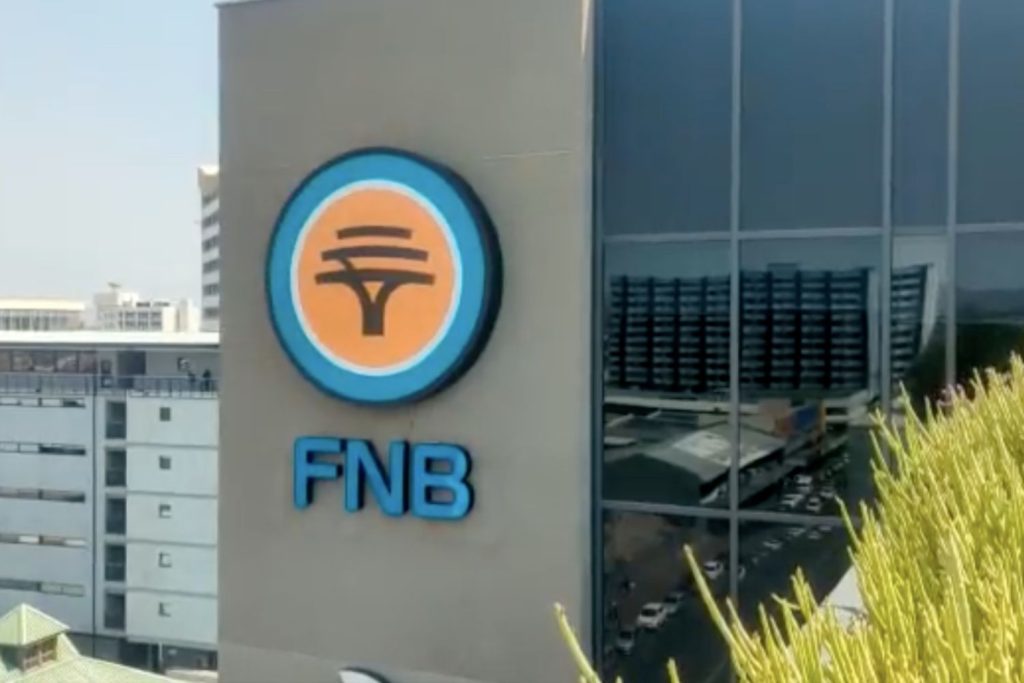

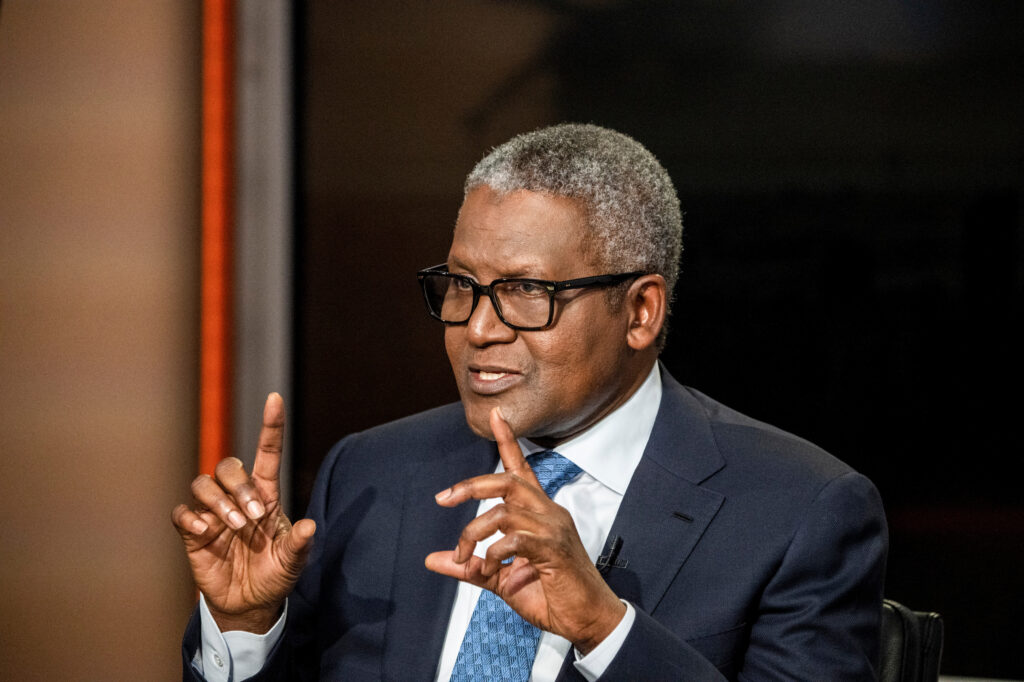
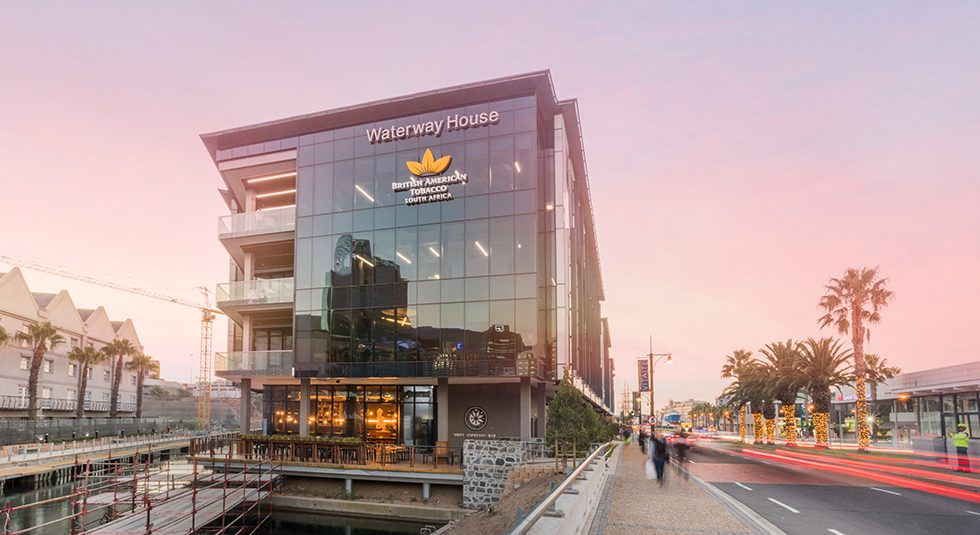
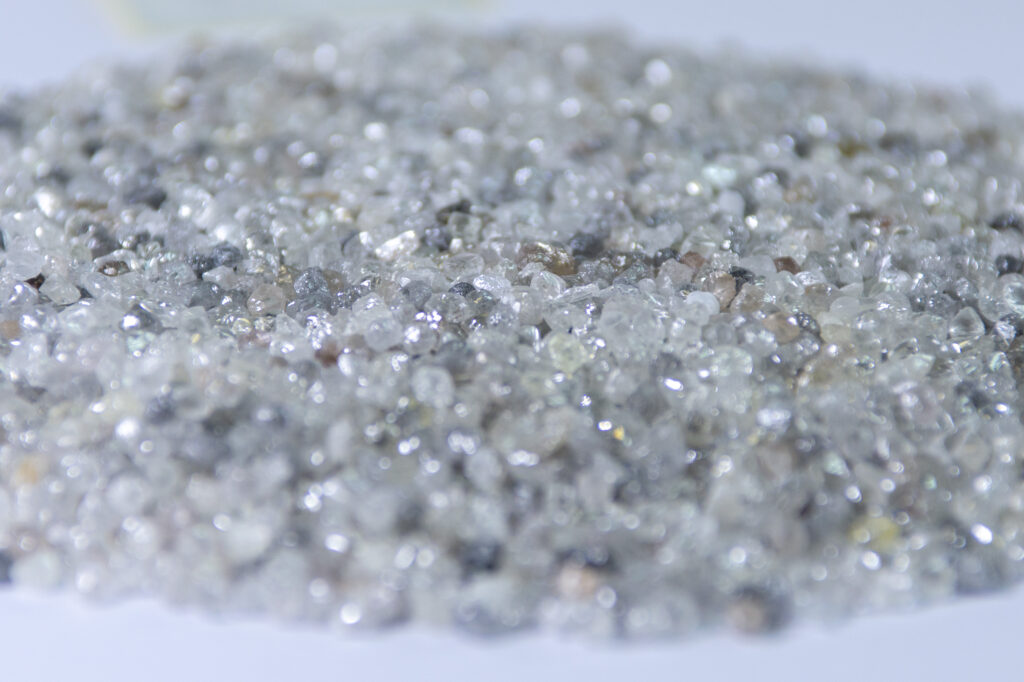










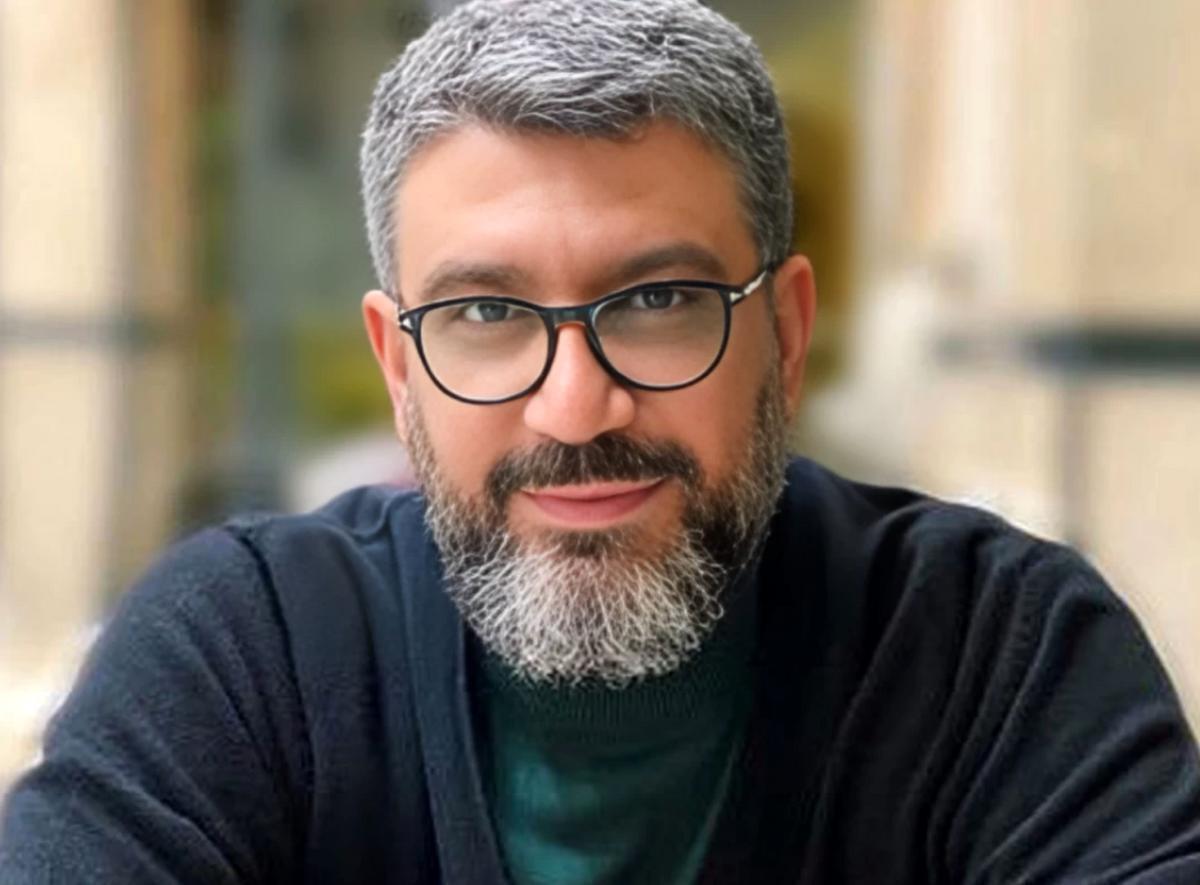

 English (US) ·
English (US) ·